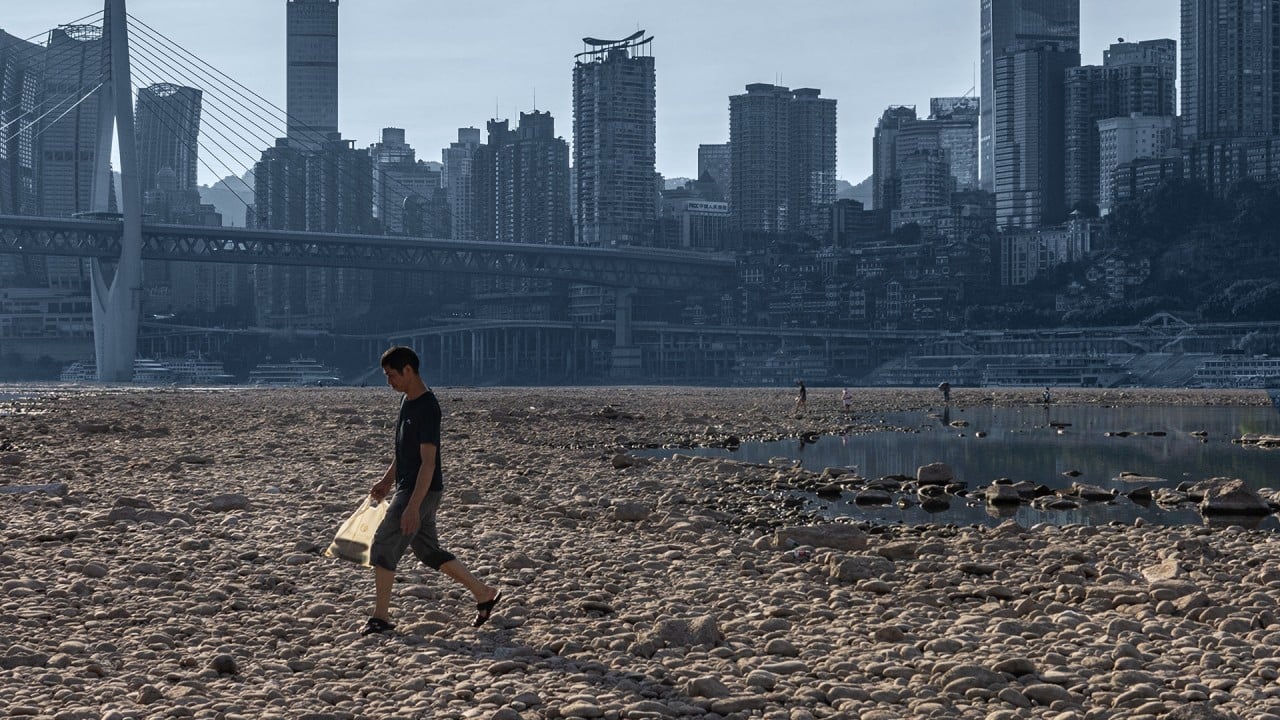
China’s environment chief names and shames state-owned pollution cheats in snap inspection
- 6 state-owned companies in Henan province were caught violating pollution control regulations
- Breaches include exceeding emission standards and falsifying data, environment minister says
Several Chinese energy and steel companies – all of them state owned – have been singled out for breaking pollution rules after the country’s environment chief made a surprise inspection tour of Henan province this week, according to the environment ministry.
The two-day visit, which ended Tuesday, was led by Huang Runqiu, the minister of ecology and environment, and the highest-ranking member in the central government who is not a member of the Communist Party.
The ministry’s identified six state-owned companies as the main rule violators.
“China still faces tough challenges in tackling air pollution,” Huang said in a statement posted on the ministry’s website.
“We should have a zero-tolerance attitude to those involved in collusion between enterprises and third-party monitoring companies that falsify or tamper with monitoring data. Such practices have a detrimental impact on the environment, and any collusion is a violation of criminal law.”
Henan Pingmei Shenma Jingbao, a chemical technology company, failed to operate its environmental facilities normally and allowed smoke emissions to exceed standards. The company also falsified its monitoring data, the ministry said.
Steelmaker Wugang Zhongjia failed to implement emergency measures during a period of heavy pollution and falsified its production reports.
The ministry said Wuyang, another steel company, discharged waste gas above legal limits, and chemical company Xuchang Huaxin Industryneglected to implement emergency measures and falsified production records.
Henan province is home to the most coal and steel companies in China. According to the data from the environment ministry, nine out of the 20 most polluted cities in the country are in Henan province.
It was not clear from the ministry’s statement what, if any, penalties the violators faced.
This was Huang’s first inspection trip since China ended its zero-Covid strategy in December.
During the visit he promised “zero tolerance” for violations by polluting companies, and warned the government would crack down on collusion to serve as a warning to others. He also urged strict compliance with China’s Atmospheric Pollution Prevention and Control Law.
State-owned companies, in particular, should serve as a model for industries to pursue greener practices, Huang said.
According to data from the Energy Policy Institute at the University of Chicago (EPIC), China has reduced its particulate pollution by 28 per cent since 2014.
EPIC research suggested that residents in Henan province could see their life expectancies rise by almost five years if pollution levels met World Health Organization (WHO) guidelines.
As of 2020, China’s pollution level was still six times higher than the WHO guidelines.


